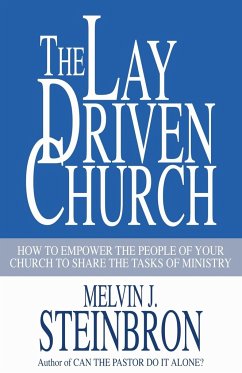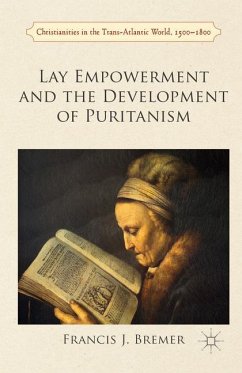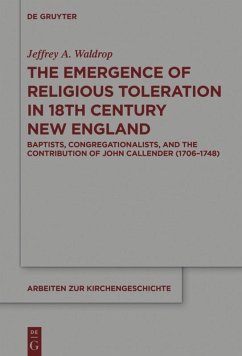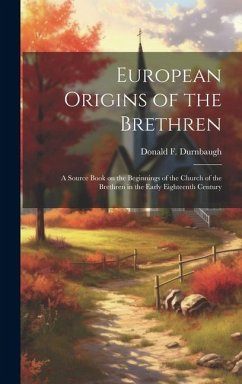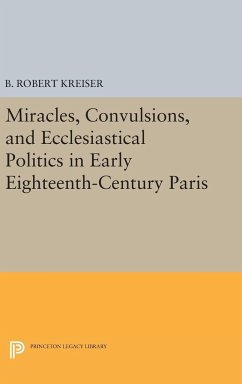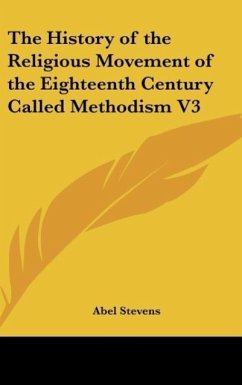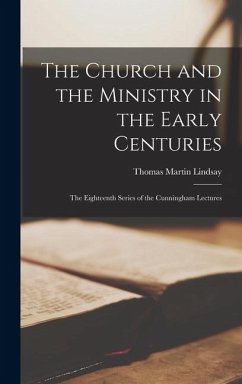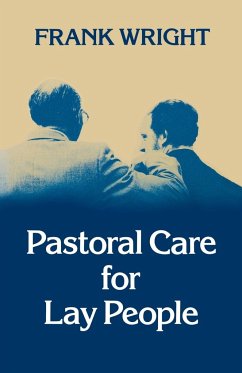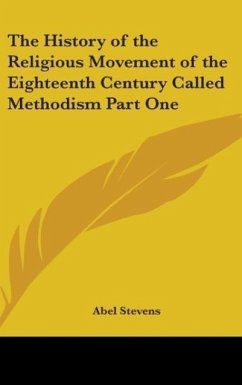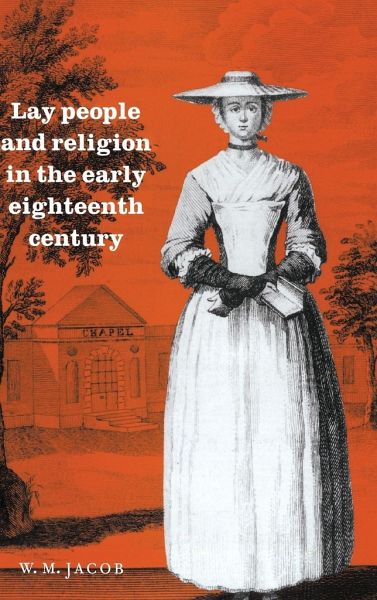
Lay People and Religion in the Early Eighteenth Century

PAYBACK Punkte
33 °P sammeln!
This book investigates the part that Anglicanism played in the lives of lay people in England and Wales between c. 1689 and 1750. It is concerned with what they did rather than what they believed, and explores their attitudes to clergy, religious activities, personal morality and charitable giving, especially in relation to education and health care, and church building and improvement. Using evidence from diaries, letters, account books, newspapers and popular publications and parish and diocesan records, Dr Jacob demonstrates that Anglicanism held the allegiance of a significant proportion o...
This book investigates the part that Anglicanism played in the lives of lay people in England and Wales between c. 1689 and 1750. It is concerned with what they did rather than what they believed, and explores their attitudes to clergy, religious activities, personal morality and charitable giving, especially in relation to education and health care, and church building and improvement. Using evidence from diaries, letters, account books, newspapers and popular publications and parish and diocesan records, Dr Jacob demonstrates that Anglicanism held the allegiance of a significant proportion of all people. Lay people took the lead in managing the affairs of the parishes, which were the major focus of communal and social life, and supported the spiritual and moral discipline of the Church courts. The author shows that early-eighteenth-century England and Wales remained a largely traditional society and that Methodism emerged from a strong Church. Contrary to conventional views of the period, the Anglican Church was central to the lives of most people in England and Wales.





